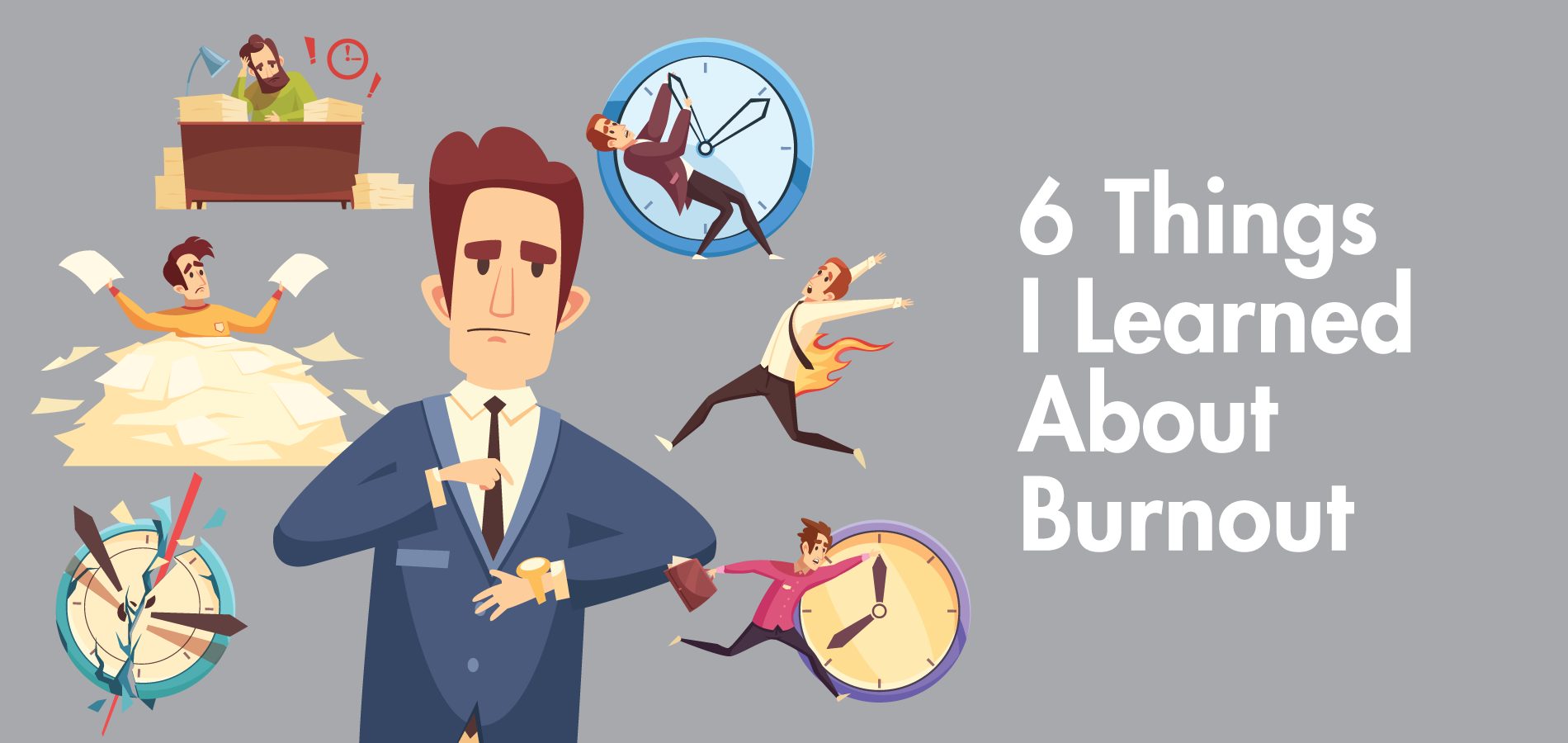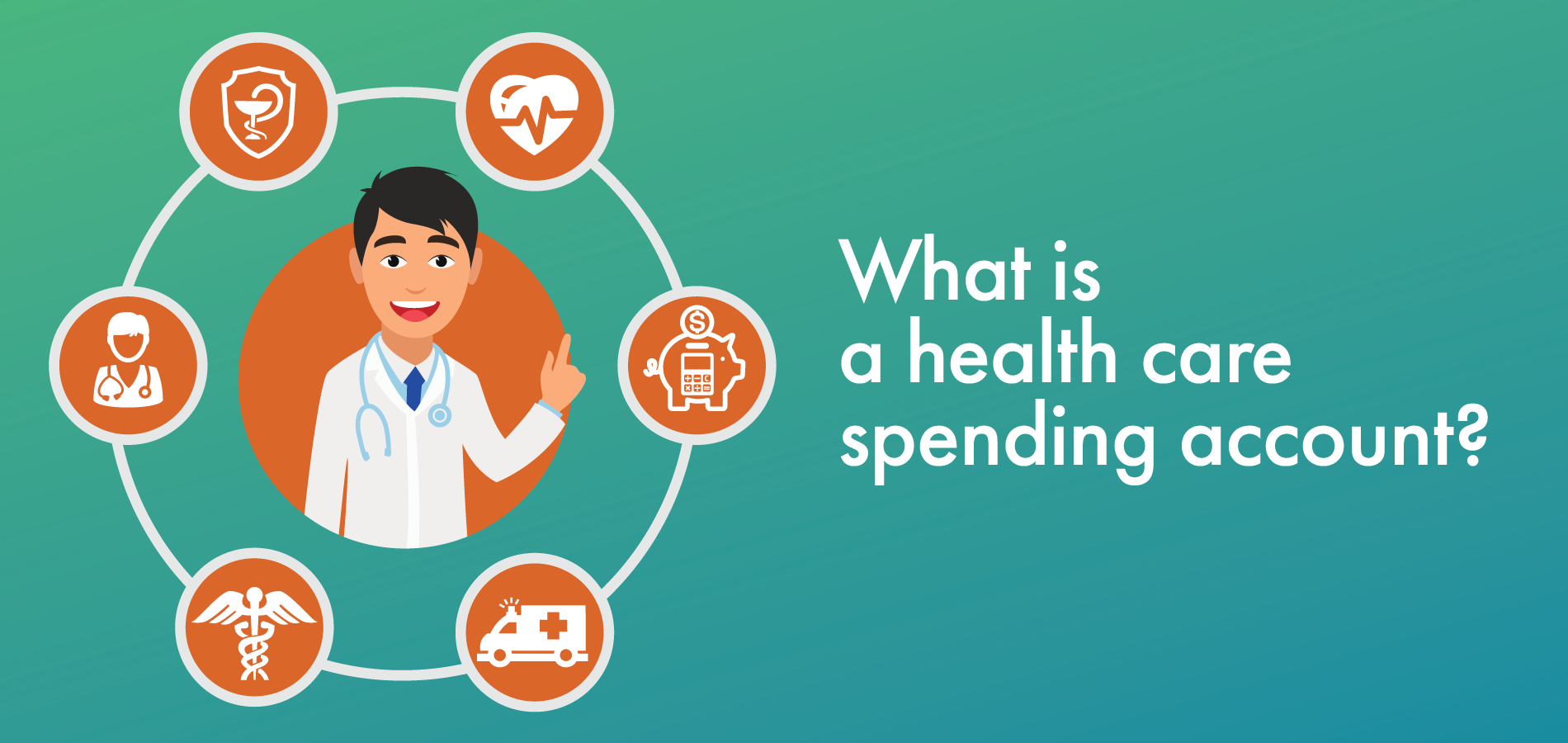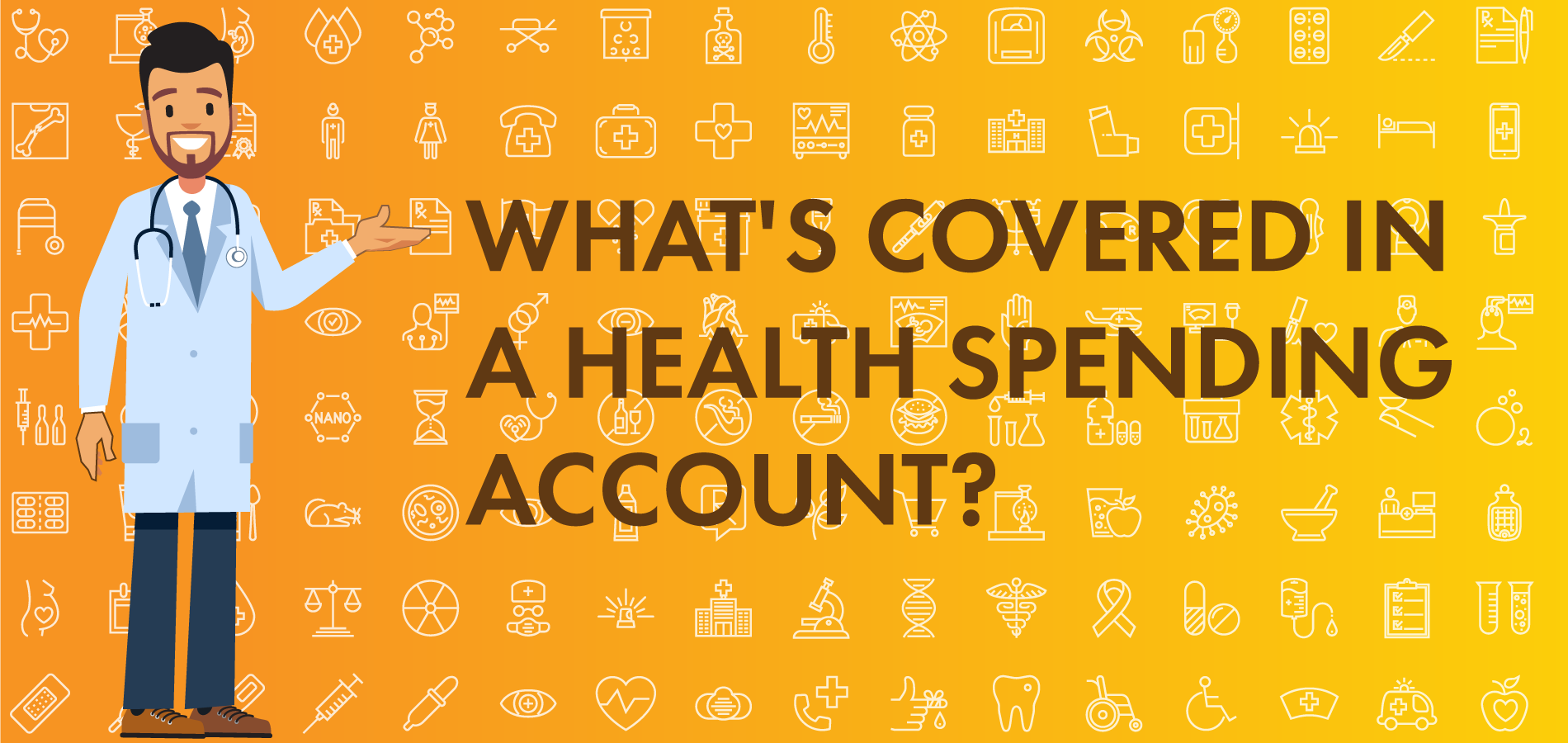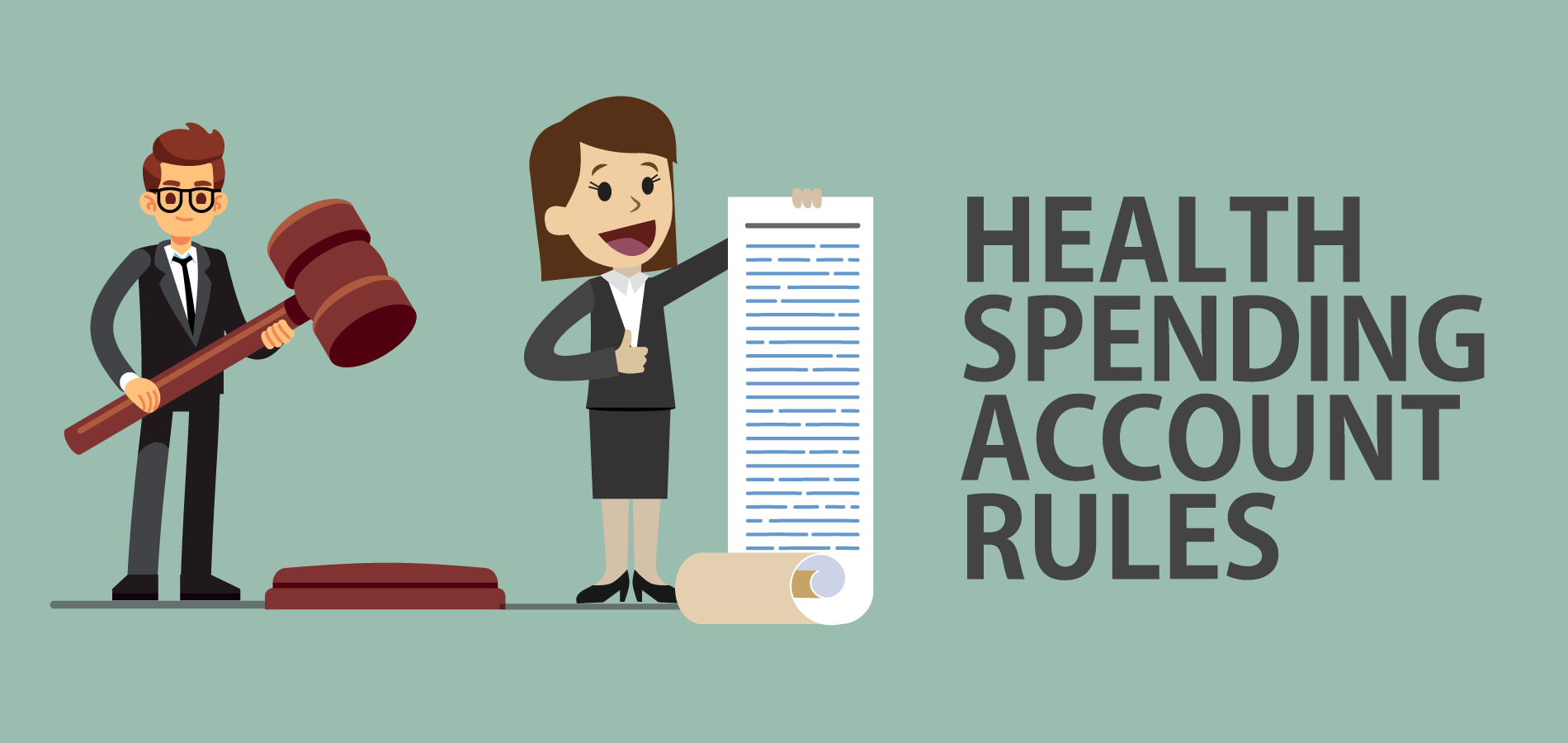After recording the burnout podcast episode, Burnout: Causes, Recovery, and Prevention, with Dr. Michelle Hagel ND and Stress Reduction Coach, Victoria Smith, I took away 6 lessons about burnout and coping with stress that I wanted to share. Burnout can make you feel isolated, unmotivated, and exhausted; but it's important to remember that many people experience burnout and come out the other side excited about their career again.
- It isn't true that you "just can't hack it"
It isn't normal to constantly feel overwhelmed at a job you used to love. It also isn't normal to suddenly feel like you can't keep up. It's unlikely you've simply become bad at your job. What's more likely is that you've been neglecting your down time, are putting an excessive amount of pressure on yourself, and are on the road to burnout. Burnout can make us feel like we are the problem, when really our body is telling us our work is totally stressing us out!
- The people around you might not notice you're burning out
Like many mental health issues, burnout can be notoriously difficult to identify. Burnout comes on gradually, and those experiencing it tend to keep how they are feeling to themselves, making it difficult for the people around them to see what is happening. As a business owner, making mental health a priority in your workplace, offering wellness programs, and checking in with your employees about how they are feeling can help make sure you identify at-risk employees early on.
- You might not notice you're burning out
While you'll likely notice you're feeling abnormally tired and overworked, unless you are familiar with burnout it can be hard to notice. Most of us are bad at identifying our own stress levels and this can mean we let burnout go for a long time before we clue in. Mindfulness practice, meditation, and rejuvenation exercises like yoga or tai chi can help us tap in to our stress load. As you build up your awareness of your body and mind, you'll be able to better identify when you're slipping back into chronic stress.
- Sleep is so important
When we get busy the first thing we tend to sacrifice is sleep. Unfortunately, sleep is the most important thing we can do to prevent and recover from burnout. Prioritizing sleep is hard, but it needs to be done.
- Burnout is dangerous
This was one of the scarier lessons to learn. Burnout can be quite harmful for our bodies, because we are keeping ourselves at an elevated "fight or flight" state, allowing stress hormones to run amok through our bodies. This can lead to all kinds of issues if left for long enough, including auto-immune conditions. While the research isn't conclusive, in some studies they found that an extended period of burnout was as harmful as smoking.
- We need to listen to our bodies better
The major takeaway from all this... We can do a better job of listening to our bodies. Feeling exhausted, unmotivated, angry, or sad aren't things we can cure with yet another cup of coffee. Our body is trying to tell us to slow down, and it knows best what it needs. Burnout can take months to recover from, so it is important to be patient and listen to our bodies. If you feel like something is wrong, go see a health professional. You know yourself best.
Listen to the complete podcast episode:
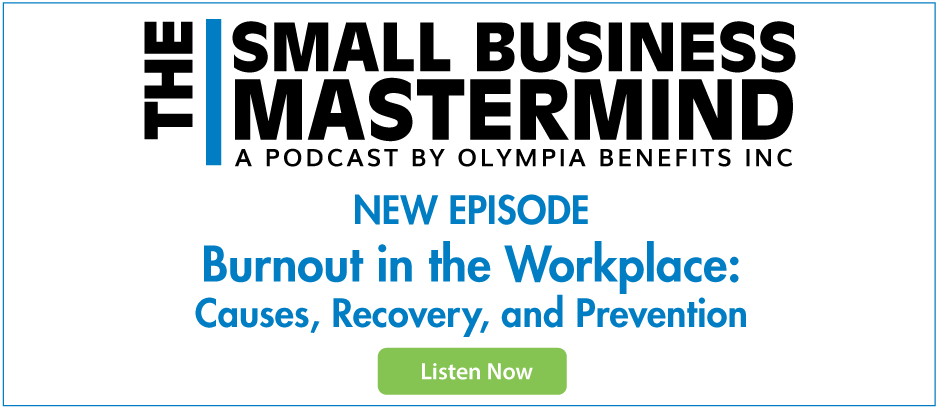
Download our free "burnout" eBook:
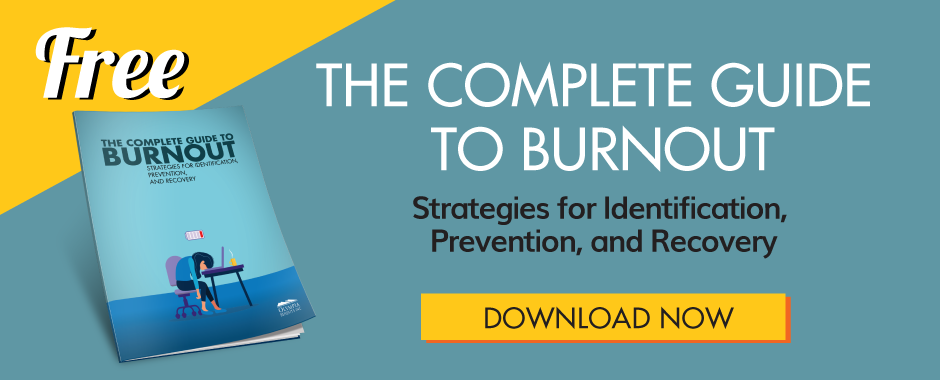
Sources:
https://www.olympiabenefits.com/the-small-business-mastermind/episodes/1/burnout-in-the-workplace
Related Content:
Burnout in the Workplace: Causes, Recovery, and Prevention (Podcast)
15 FAQs About Burnout
How to Spot the Employee Burnout Signs Companies Miss
13 Burnout Recovery Strategies You'll Want to Try
How to Prevent Burnout at Work Like a Pro
What Does Burnout Feel Like?
